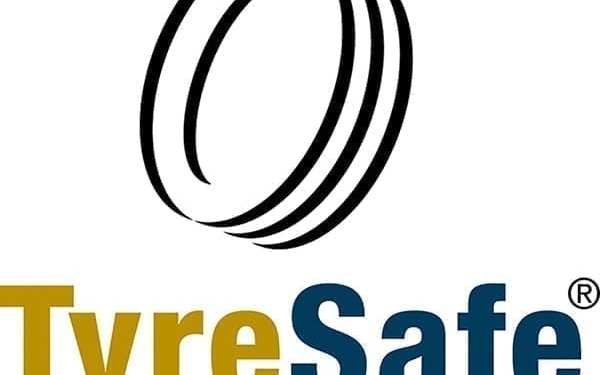 Japan’s auto sales sagged 9.0% in October, as the end of the government buying incentives cooled heated appetites for new cars.
Japan’s auto sales sagged 9.0% in October, as the end of the government buying incentives cooled heated appetites for new cars.
Excluding sales of mini cars, consumers bought 225,543 vehicles in October, down from 247,927 vehicles in the same month last year, falling for the second straight month, as government subsidies for purchasing fuel-efficient cars were exhausted by late September.
The on-year drop was wider than a 8.1% decline in September when sales fell for the first time in 13 months, as October was the first full month that Japanese car makers had to sell their vehicles without the government aid.
Toyota Motor Corp.’s (7203.TO) sales fell 6.4% to 114,450 vehicles with its upscale brand Lexus posting a drop of 27% to 3,128. Honda Motor Co.’s (7267.TO)sales tanked 45.0% to 20,006 and Nissan Motor Co.’s (7201.TO) sales grew 3.3% to 34,753.
Still the decline was relatively moderate compared with a 27% plunge in October 2010 after a similar program, which offered even more generous subsidies, ended.
But auto makers have been bracing for a sales slump over the next few months and had expected the budget for the subsidies would run out around last summer. They are already preparing steps, such as rolling out new models, to minimize the impact of the terminated incentives.
Honda, for example, unveiled its new N-One mini car on Thursday a day before its debut in Japan. Many local peers like Toyota, Nissan, and Mitsubishi Motors Corp. (7211.TO) have also been stepping up the introduction of new models in the recent months. Mazda Motor Corp. (7261.TO) plans to release its redesigned Mazda6 midsize sporty sedan later this month.
Sho Minekawa, Honda Managing Officer in charge of the company’s domestic sales, told reporters at a press conference for the launch of the new mini car that the company has already received pre-launch orders for 9,000 N-One mini cars, close to the model’s monthly sales target of 10,000 units.
Honda didn’t see as aggressive a last-minute rush of buying as the company had thought when the subsidies were coming to an end, Mr. Minekawa said. Such rush demand was limited to the minivan segment, which has a customer base that is seen as the most cost sensitive.
Mini cars like the new N-One were relatively unaffected by the axed government aid, he said.
On the same day, the Japan Mini Vehicles Association said sales of mini vehicles which are powered by 660cc engines rose 0.5% to 133,790 vehicles in October.
Mr. Minekawa shrugged off concerns over the impact of the terminated aid on the new mini car, saying that non-mini vehicles will likely see the heavier adverse impact.
Source: Fox Business


























